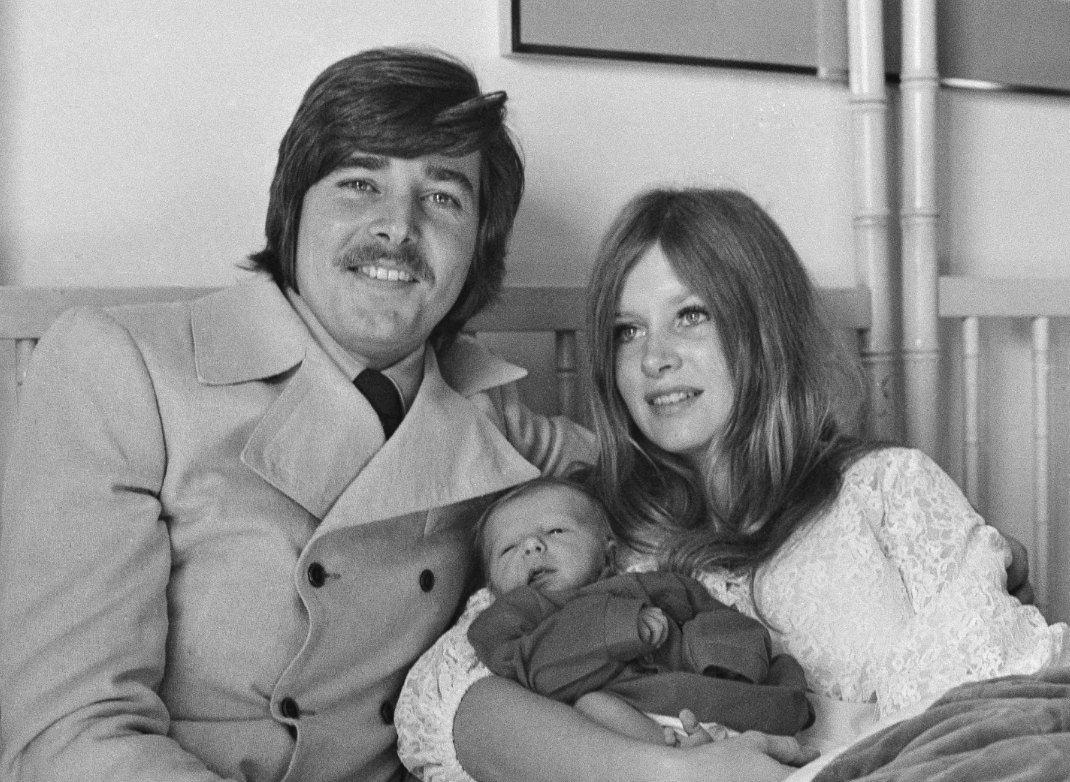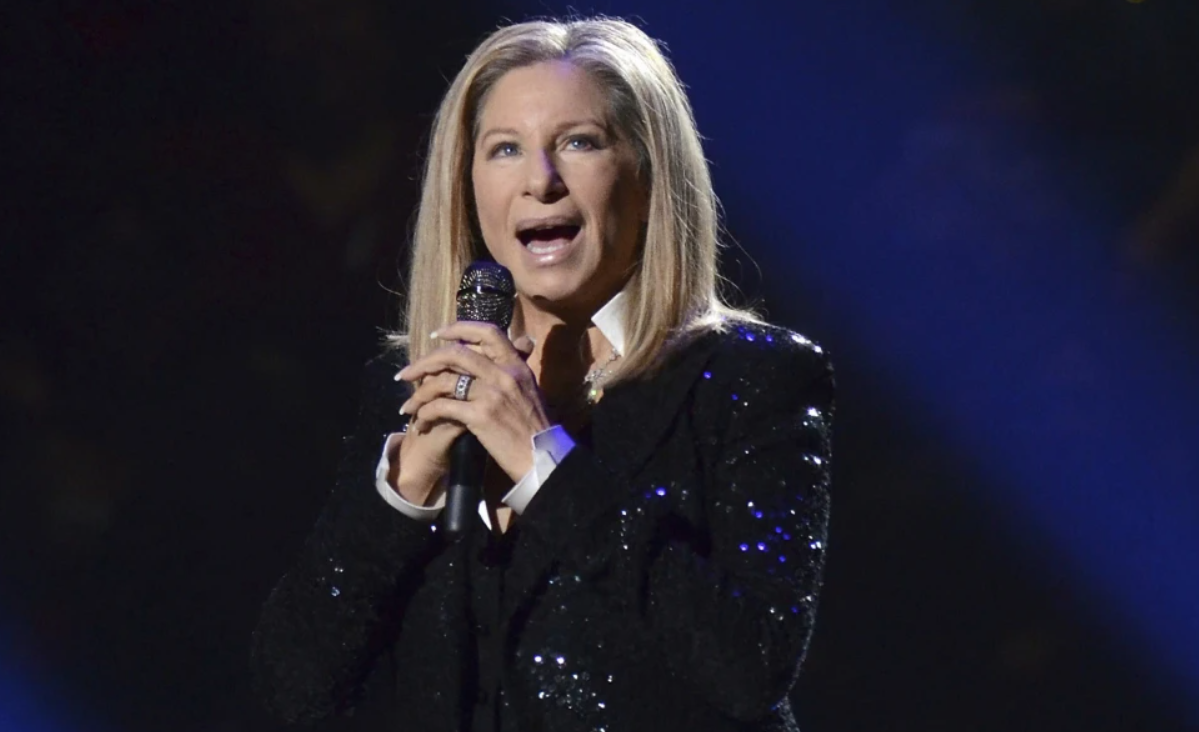Fans have long praised New Zealand singer-songwriter Lorde for her emotionally charged and boundary-pushing approach to pop music. To many, her sound has always embodied a sense of freedom—and with her latest album, it seems Lorde finally hears it for herself.
Her fourth studio album, Virgin, marks her first release in four years. On it, Lorde—born Ella Marija Lani Yelich-O’Connor—strips away the tension and overthinking that once colored her pop compositions. The result is unfiltered and emotionally exposed.
When she first broke out with the moody, minimalist anthem “Royals,” Lorde made a striking entrance into pop by critiquing fame and materialism. Her debut album, Pure Heroine (2013), signaled the arrival of a uniquely perceptive voice. That promise was more than fulfilled with 2017’s lush, emotionally intense Melodrama, which solidified her as a generational talent.
In 2021, she pivoted with Solar Power, a breezy and introspective detour that distanced her from the pop mainstream. She then receded even further from public view, seemingly choosing solitude and creativity over celebrity. As revealed in a Rolling Stone cover story, that time away was shaped by deep personal healing—coping with the end of a long-term relationship and confronting anxiety and an eating disorder, aided by psychedelic therapy.
Out of that journey emerged Virgin—an album born from introspection, renewal, and a reawakened sense of artistic liberation.




